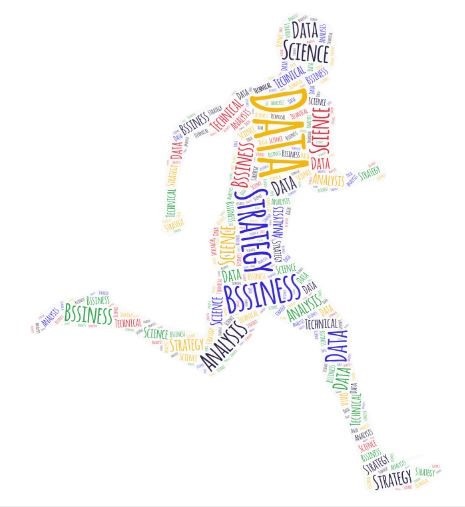

Working with data – whether with a purely technical or an analytical focus – plays an important role in the business of any company, furthering its growth, robustness, and success.
The responsibility of carrying out that work and doing it well is the job of business analysts and data analysts.
Data is used by business analysts to help management make strategic business decisions.
Data analysts, on the other hand, gather and manipulate data, pinpoint useful information, and present the conclusions into digestible insights.
In other words, the role of a data analyst is a technical one while the business analyst's is a strategic one.
Data and business analysts require an appreciation of all things data, a strong analytical mind, excellent problem-solving skills, and the skill and experience to work towards a bigger picture.
Sometimes, however, the terms business and data analyst are used interchangeably. Yet, there is a difference, and it has to do with how they use the data.
In this article, I will look at the difference between those two different but equally key roles.
When analysts talk about data, they are referring to the information sourced and maintained by businesses and organizations. It could be information derived from business transactions or externally sourced for a given business operation purpose.
A data analyst (DA) is often considered someone who has technical skills with SQL, databases, spreadsheets, and related tools in order to manipulate and present data effectively. To this end, they need to have the skills to analyze, visualize, and model data.
With these skills, a DA can work in different departments under different job titles analyzing changes by creating dashboards and key performance indicators (KPIs). For example, looking at sales or revenue figures to gain insights to help business managers make better decisions.
In some cases, a DA is employed by the data management department (DM) of a company to operate diverse data-related tasks like complex data mappings between two data sets for integration or API data feed exchanges.
A business analyst (BA) is more closely linked to business strategy and critical thinking. Nonetheless, they also perform data analysis tasks sometimes with the aid of a DA. For this, a BA should have knowledge of relevant data tools such as Business Process Models, SQL Queries, and spreadsheets in order to be able to extract and manipulate data. Furthermore, business analysts can be hired as consultants. This happens when a company is evaluating its business model and therefore requires an expert to look for potential problems and solutions. They perform this task by analyzing corporate data and documents, conducting interviews, and making observations to help guide the business managers in their decision making.
BAs are also employed to bridge a gap between business line managers and technology experts by acting as an agent of change during the implementation of new innovative technology.
Here, the BA's role is about translating the business requirements into technical specifications using their knowledge of both domains. They are also responsible for many aspects of the operational changes. They do this by coordinating diverse stakeholders from the start to the end of the transition period.
Business analysts also have an important role to play as a neutral intermediary; they should be able to report to management without bias on a particular subject or issue at hand.
Further reading:
Electronic Data Interchange: Benefits and Use by
Convergence IA et Big Data : revue de parcours et implications par
Image: